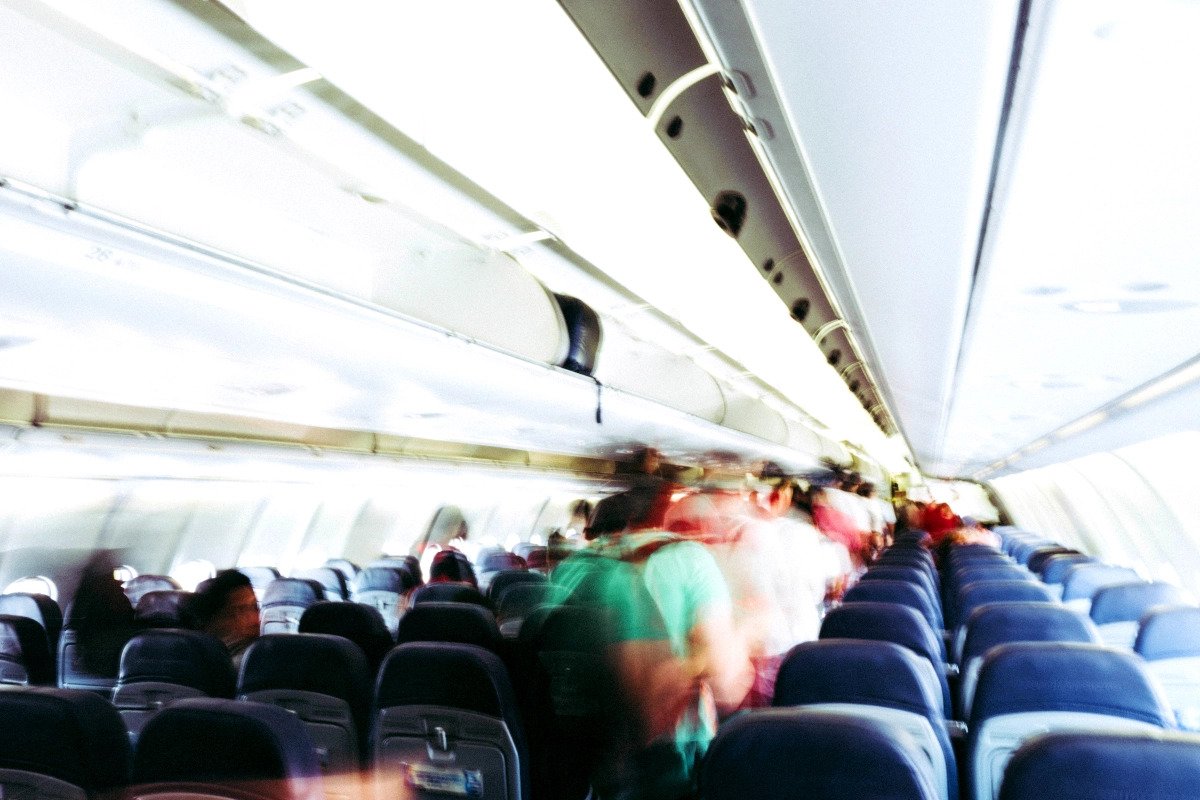
The second Mekong-RoK Summit was held online on 13 November. Photo by VNA via Viet Nam Plus.
Mekong Countries, Republic of Korea Upgrade Relations to Strategic Partnership
Countries of the Mekong subregion and the Republic of Korea (RoK) agreed to raise bilateral relations to a "Strategic Partnership for People, Prosperity, and Peace" at the second Mekong-RoK Summit held on 13 November 2020, which was chaired by RoK President Moon Jae-in and Viet Nam Prime Minister Nguyen Xuan Phuc.
The meeting noted the reinforced cooperation in public health amid the pandemic, and hailed recovery of trading volumes between the RoK and the Mekong subregion to 2019 level.





